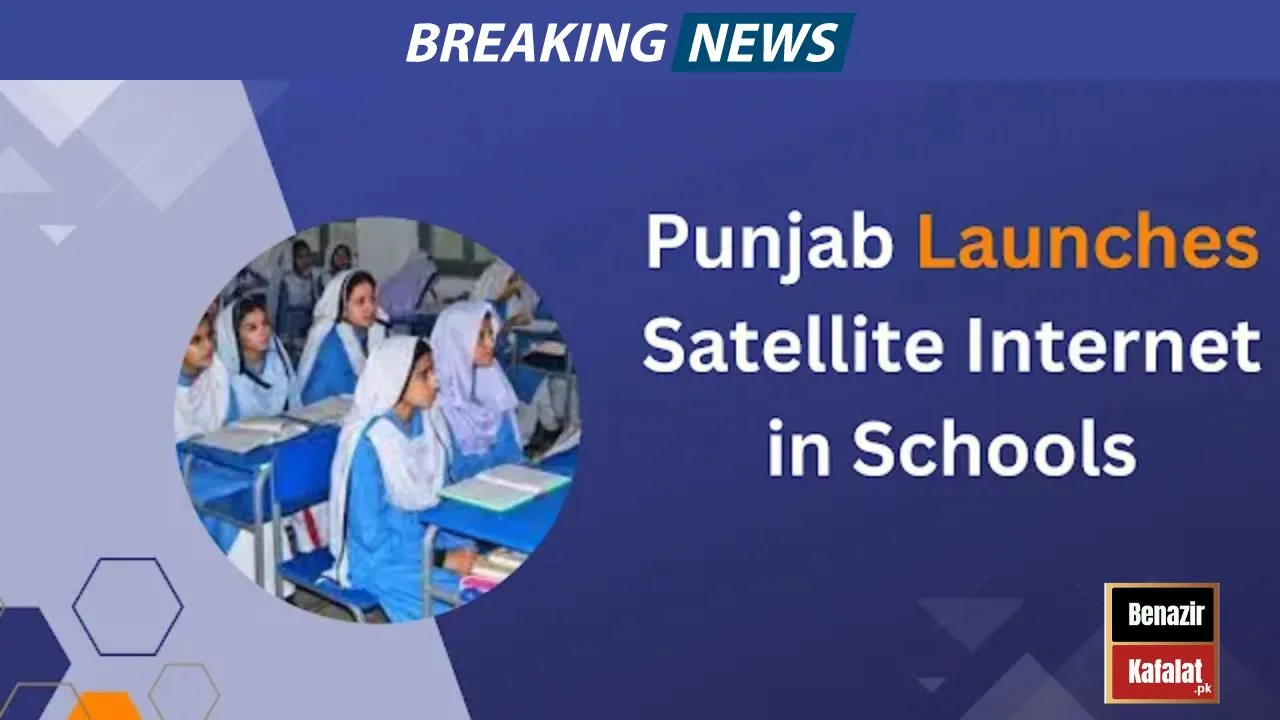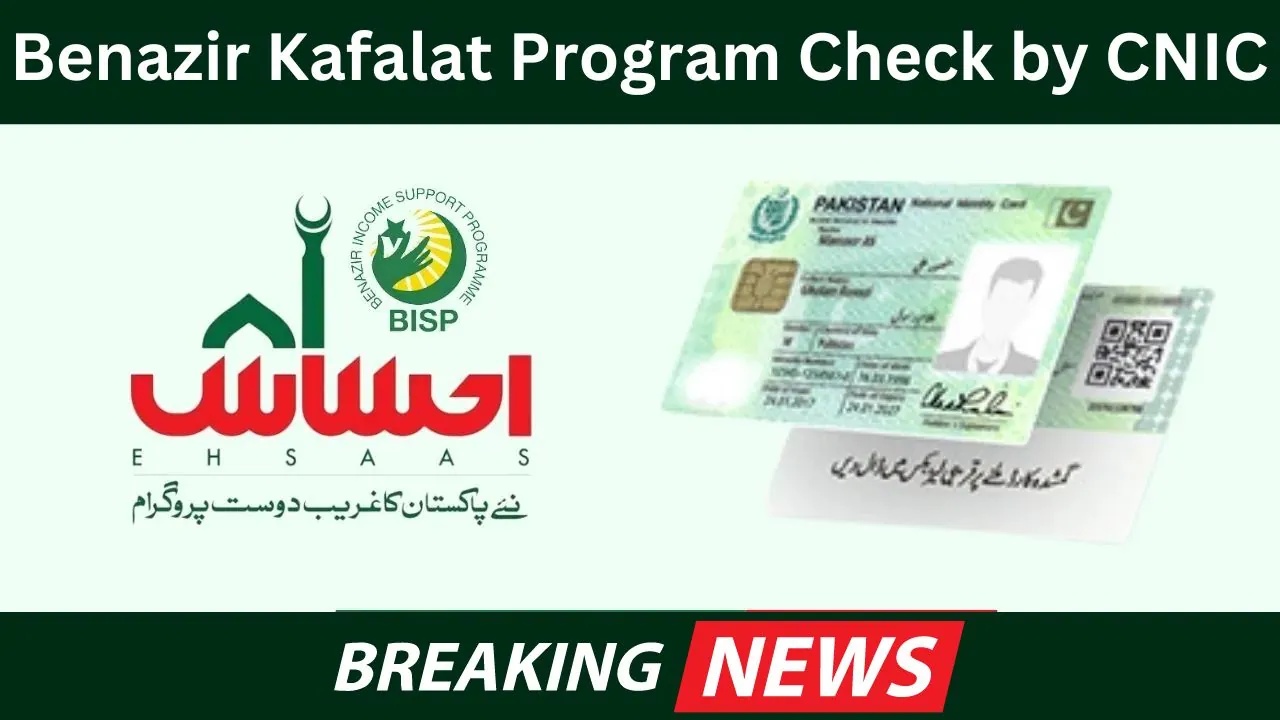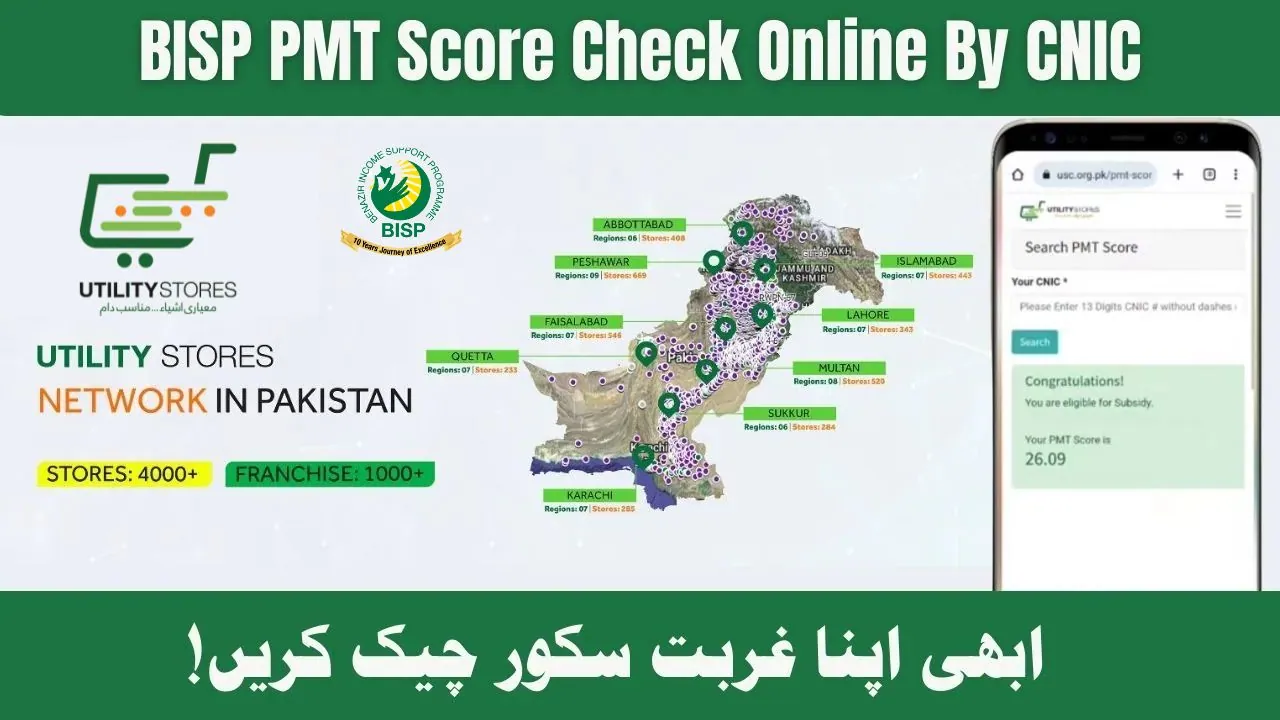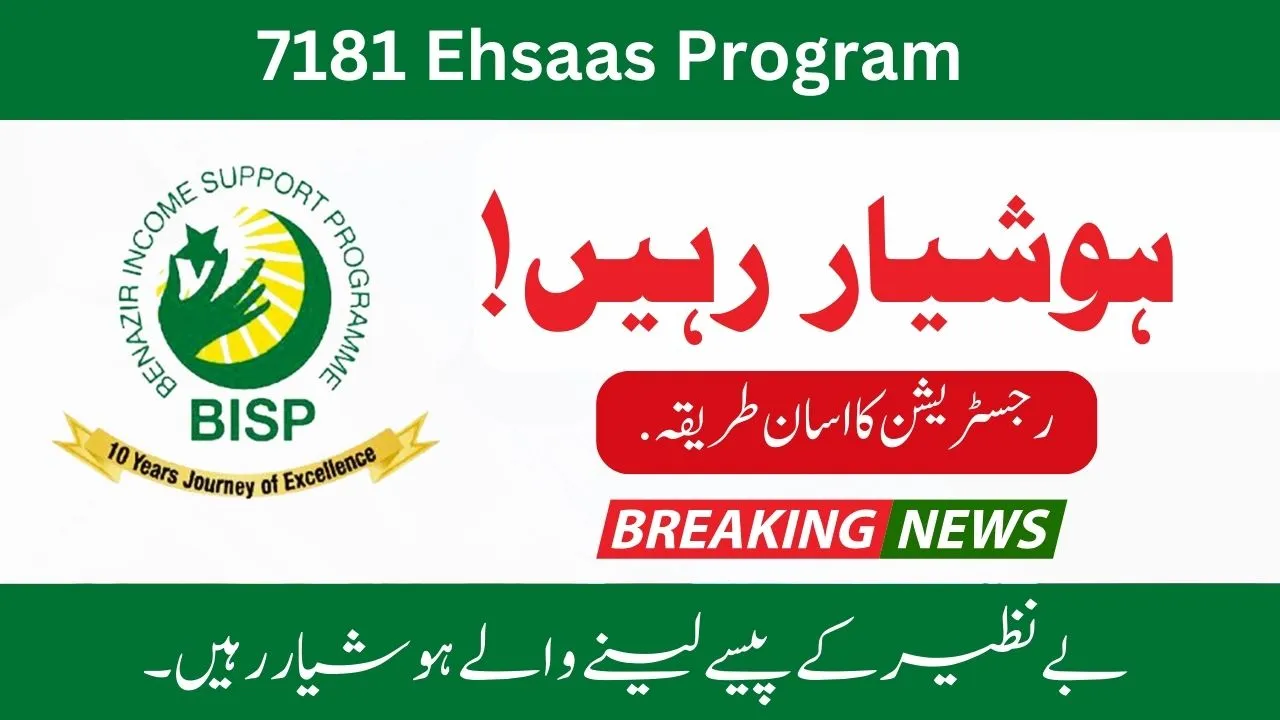The digital era has changed how we acquire information and acquire knowledge. Unfortunately, a lot of Pakistani schools—especially those in rural areas—do not have dependable internet connectivity. This disadvantages students by making it harder for them to engage with online learning tools and study the large amount of information that is available online.
A plan to install satellite internet in Pakistani schools has been announced by Chief Minister Maryam Nawaz, which is a move in the right direction towards closing the country’s digital divide. With its capacity to empower students in rural areas and level the playing field for learning, this program has the potential to completely transform education in the nation.
Contents
What is Satellite Internet?
Satellite internet uses orbiting satellites to transmit and receive data, in contrast to regular internet that is provided through cables or fiber optic lines. This technique is especially helpful in places where traditional internet infrastructure is few or nonexistent.
| Initiative | Challenges |
| Satellite internet for schools | High costs, technical skills needed |
Benefits of Satellite Internet in Schools
Installing satellite internet in schools has several benefits for both teachers and kids.
- Enhanced Learning: There is an extensive online library available to students for educational purposes. Online courses, interactive learning environments, and instructional films can support classroom instruction and accommodate a variety of learning preferences.
- Bridging the Gap: Schools that are situated in remote areas are no longer excluded. The same educational opportunities and resources that are available to their metropolitan counterparts are also available to students.
- Improved Research: Capabilities for research are greatly improved. Pupils can access academic materials, study subjects in greater detail, and work on projects with classmates virtually.
- Teacher Training and Resources: Teachers have access to internet resources for learning and professional development, which promotes ongoing education and enhanced teaching methods.
- Global Connection: Through connections with classrooms and educational institutions worldwide, students can promote cross-cultural learning and global understanding.
- Digital Literacy: Digital literacy abilities are developed via exposure to online information and tools. These skills are essential for success in the modern world.

Challenges and Considerations
Even if satellite internet has a lot of potential, there are a few things to think about:
- Cost: Careful budgeting is required for both the initial satellite internet setup and continuing charges. Large-scale implementation will depend on finding a cost-effective solution.
- Technical know-how: It takes technical know-how to set up and maintain satellite internet equipment. It may be required to provide school staff with training programs.
- Limitations on Bandwidth: The bandwidth capacity of satellite internet may be less than that of fiber optic internet. Prioritizing educational resources and maximizing internet usage require careful planning.
Conclusion
CM Launching satellite internet in schools is a great step toward educational equity and advancement, made possible by Maryam Nawaz. Pakistan’s future is being invested in by the government through the provision of this technology to schools. A generation of well-prepared and technologically literate adolescents will be fostered by improved access to information and educational resources, which will empower students in remote locations.
Even if there are obstacles, a successful implementation can be achieved with careful planning, stakeholder participation, and an emphasis on affordability. Pakistan can close the digital education gap and open up a world of learning opportunities for all of its pupils with a well-run satellite internet program.
Also Read: Good News: How To Ehsaas Payment Verification By 8171 BISP Office
FAQs
Which schools will benefit from this initiative?
The program is likely to prioritize schools in remote and underserved areas that currently lack reliable internet access.
What educational resources will be available?
The specific resources will depend on the government’s plan. It could involve partnerships with educational content providers and online learning platforms.
How will the internet be managed in schools?
Schools will likely implement safeguards to ensure students access appropriate content and utilize the internet responsibly.




